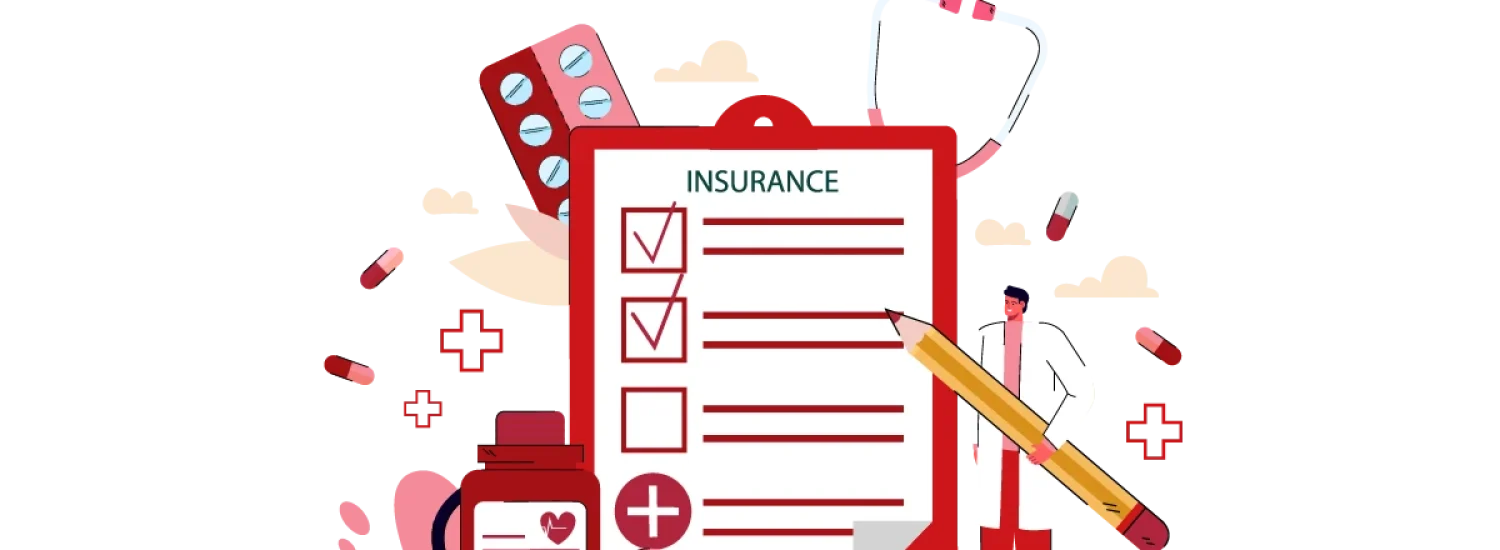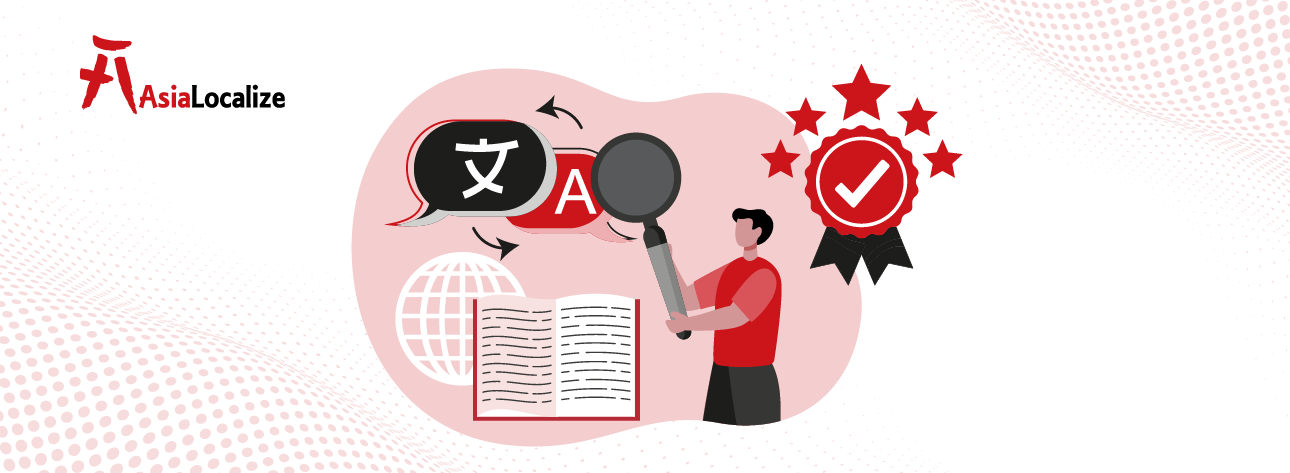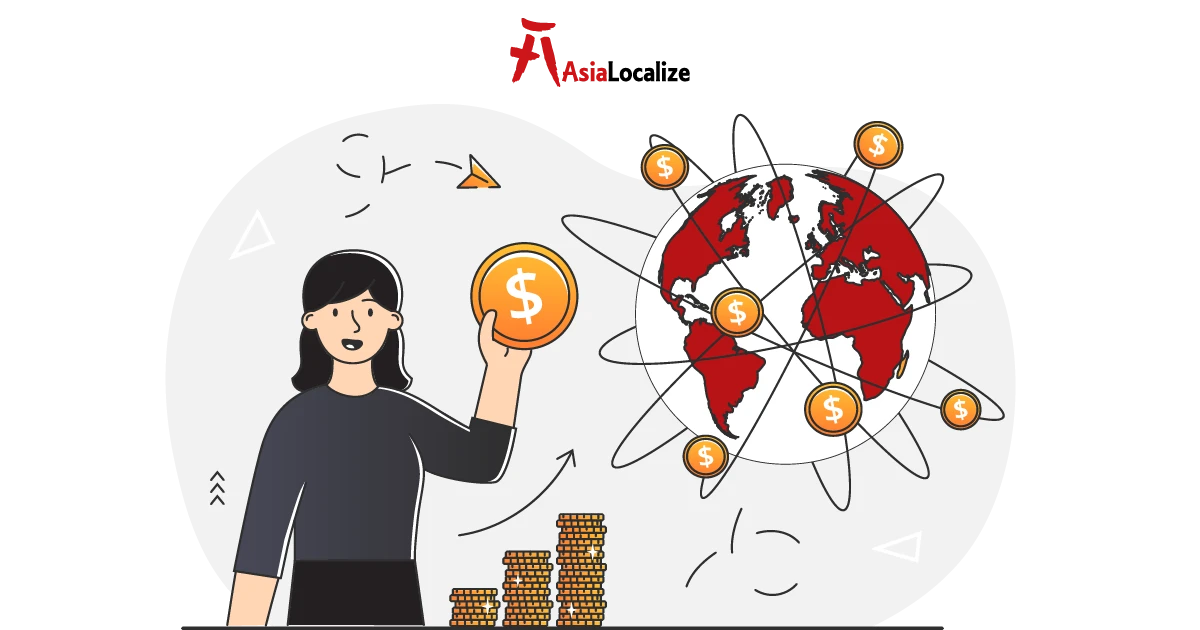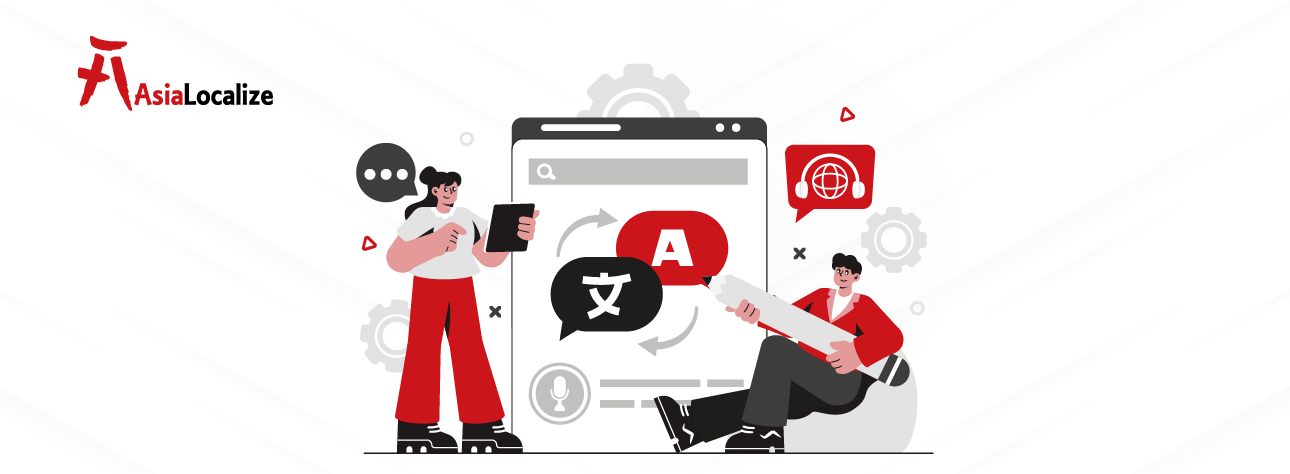Most medical files aren’t too complicated on the surface—numbers, scans, discharge summaries, progress notes, lab results, and abbreviations written in a hurry.
But the moment they need to be understood in another language, every line suddenly carries weight. That’s where medical records translation steps in as the difference between what a doctor assumes… and what the document actually says.
With 14 million patients travelling abroad for treatment each year, that gap matters.
This guide unpacks what the service really involves and how accuracy and confidentiality are protected.
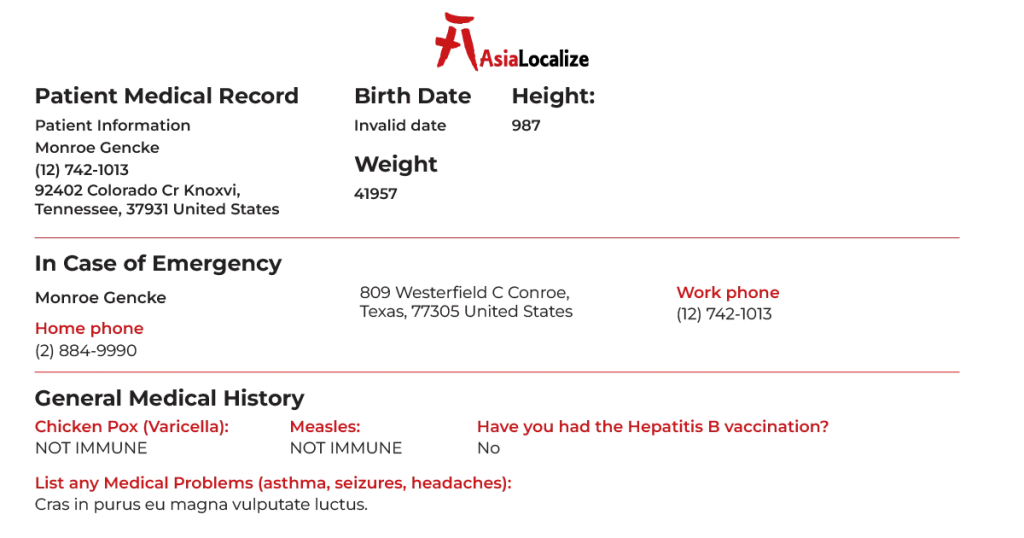
Beyond Paperwork: The Full Scope of Medical Records Translation
Medical records come in dozens of formats, and most of them weren’t written with translation in mind. They’re rushed, coded, full of shorthand only a specialist can decode—and yet they’re the documents that shape treatment plans, insurance approvals, and cross-border care.
What counts as a “medical record”?
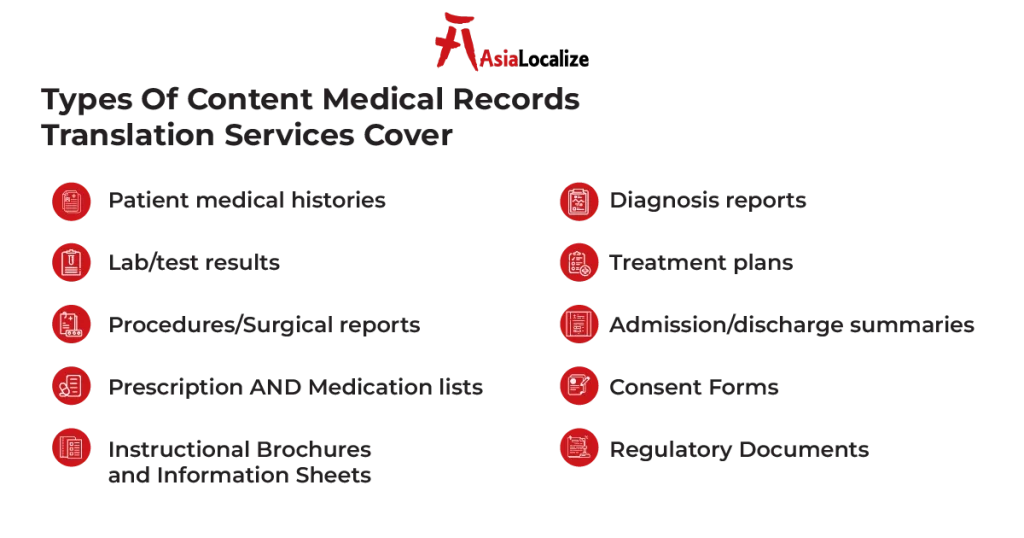
Medical records span multiple document types—each with its own terminology and formatting requirements:
- EHR/EMR extracts: Clinical notes, histories, medications, allergies, encounter reports, ICD-10/11 coding, treatment plans.
- Laboratory results: Blood panels, pathology reports, histology findings, culture results, tumor markers.
- Imaging reports: Radiology report summaries (MRI, CT, X-ray, ultrasound), PACS annotations, and impression summaries.
- Discharge summaries: Diagnoses, surgical details, hospital course, follow-up instructions—often the most consulted document in cross-border care.
- Prescriptions & medication lists: Dosages, interactions, brand vs. generic equivalents—critical for treatment continuity.
- Surgical and operative notes
- Vaccination records
- Insurance medical forms and claim files
- Pre-operative evaluations & specialist consultations
Explore life sciences translation services built for complex datasets, studies, and specialized medical language.
Who actually needs medical record translation?
The demand extends far beyond patients themselves:
- Patients seeking care abroad, second opinions, or treatment continuation in a new country.
- Hospitals & healthcare providers coordinating cross-border treatment or reviewing previous interventions.
- Health insurers validating claims, pre-approvals, and reimbursement requests.
- Embassies and consulates reviewing medical eligibility for visas (study, travel, residency, medical escort).
- Immigration authorities requiring medical evidence for residency or asylum cases.
- Legal teams handling medical disputes or insurance litigation.
Why does it matter?
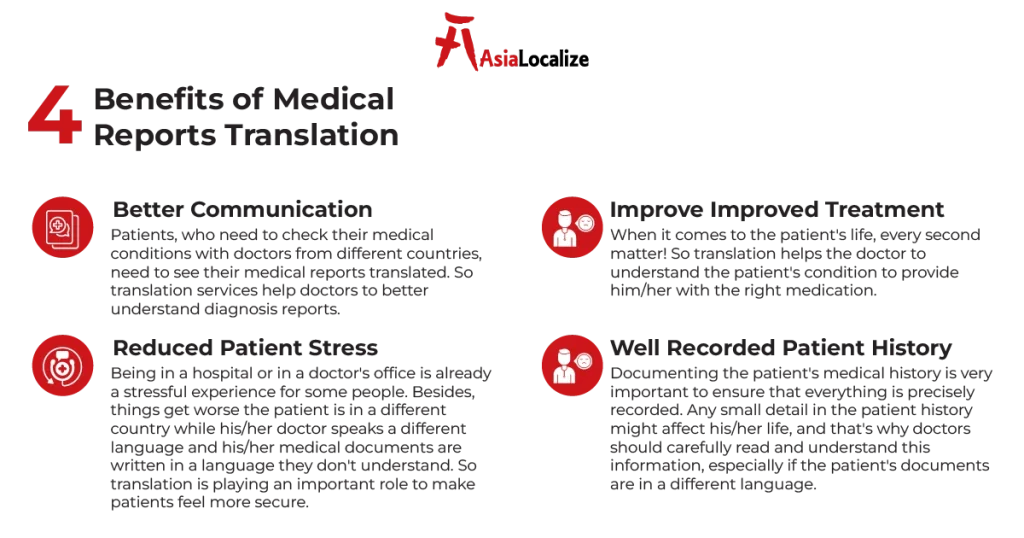
Medical Records Translation impacts three core outcomes:
• Patient safety
A mistranslated dosage, allergy note, or radiology report can shift a diagnosis or treatment plan entirely. WHO reports that up to 50% of medical errors are preventable, with communication gaps being a major contributing factor. Accurate translation closes that gap.
• Continuity of care
Whether a patient switches countries or seeks a second opinion, translated records allow clinicians to build on previous treatment, not restart from zero.
• Approvals without rework
Insurers, embassies, and hospitals often reject medical files due to terminology inconsistencies or missing context. High-quality translation prevents re-submission delays and speeds up approvals.
What You Really Get When You Translate Medical Records
Medical records are reviewed by embassies, insurers, and physicians who rely on them for decisions that shape treatment or approvals. And because healthcare translation is among the top three high-risk domains globally according to the WHO patient-safety classification, the deliverables must follow stricter standards than typical document translation.
Certified Translation
Most medical documents submitted to hospitals, insurance providers, legal teams, or embassies require some form of official validation. That typically includes:
- Certificate of Accuracy:
A signed statement confirming that the translation is complete and faithful to the original. - Notarization (upon request):
Some authorities—especially consulates and immigration offices—ask for notarized certificates to verify identity and responsibility for the translation. - Translator/LSP credentials:
Details on the linguist’s qualifications and the company’s ISO-driven process are sometimes requested for medical or legal cases.
Layout Fidelity (Stamps, Seals, Tables, Headers & Footers)
Medical documentation is formatting-heavy; reports with reference ranges, physician stamps, hospital seals, multi-column lab tables, radiology headers, QR codes, and electronic report footers.
A professional LSP rebuilds all of this so the translated file mirrors the original:
- Stamps and seals are reproduced visually (labeled as “stamp:” or “seal:” if required).
- Multi-column lab tables are reconstructed with identical alignment.
- Imaging reports stay consistent with the original structure.
- Headers and footers that contain identifiers, dates, or codes remain intact.
- Attachments, charts, appendices & attachments
- Consistent reconstruction across PDF, DOCX, JPG/PNG scans, XLSX, and even DICOM text extracts
Bilingual Deliverables & Page Mirroring
For cases involving cross-border treatment or team-based review, bilingual formats make the process smoother. Deliverables often include:
- Side-by-side bilingual PDFs for medical teams comparing original terminology with the translation.
- Mirrored pages (original followed by its translated counterpart) for legal or embassy submissions.
- Glossed terminology when records contain complex abbreviations or handwritten clinical shorthand.
Explore our document translation services for healthcare files that keep every detail intact.
Security First: HIPAA, GDPR, and the Real Safeguards Behind Medical Record Translation
Medical records move through multiple hands—clinicians, insurers, legal teams—and every step adds risk. That’s why handling them without a clear security framework is no longer an option. Healthcare data has become one of the most frequently targeted breach categories worldwide, with more than 133 million medical records exposed in 2023 alone.
HIPAA/GDPR Handling & PHI Safeguards
When a medical document contains PHI, the translation workflow follows strict controls:
- Encrypted file transfer (TLS/SSL) to prevent interception during upload/download.
- Encrypted storage with restricted-access environments.
- PHI masking on request (e.g., blurring identifiers during QA steps).
- Minimum necessary access rules—only linguists assigned to the project can view sensitive content.
- GDPR-aligned retention policies ensuring files are permanently deleted after delivery or after a client-approved period.
NDAs, Access Control & Restricted Teams
Professional medical-translation teams typically work with:
- Pre-signed NDAs covering linguists, reviewers, and engineering teams.
- Role-based access control (RBAC) so each project member accesses only what they need.
- Designated medical-only teams for PHI projects, preventing accidental data exposure.
- IP-restricted access for clients needing an extra layer of privacy.
Secure Workspaces & Audit Trails
Highly sensitive cases—legal disputes, immigration files, insurance appeals—often require stricter containment:
- Virtual secure workspaces where files cannot be downloaded or screen-captured.
- Full audit trails documenting who accessed a file, when, and what actions were performed.
- Controlled revision cycles to prevent duplicate copies of PHI across teams.
Medical files carry years of treatment decisions, notes, revisions, and clinical judgments. When they move between countries or systems, every detail needs to arrive intact: terminology, units, stamps, the small handwritten notes that change a diagnosis. That level of precision only comes from a workflow built for healthcare.
AsiaLocalize has spent years building medical translation workflows that respect that weight—specialized teams, clinical-level review, secure handling, and layouts that mirror the original without compromise. Whether the goal is a simple lab report or a full medical file for cross-border treatment, the same structure applies: precision first, privacy always, and clarity that stands up to real-world clinical use.
If your organization handles medical files across markets or needs a partner who treats these documents with the seriousness they deserve, AsiaLocalize is already set up for that conversation.
Explore medical translation services backed by trained medical linguists and secure handling standards.

